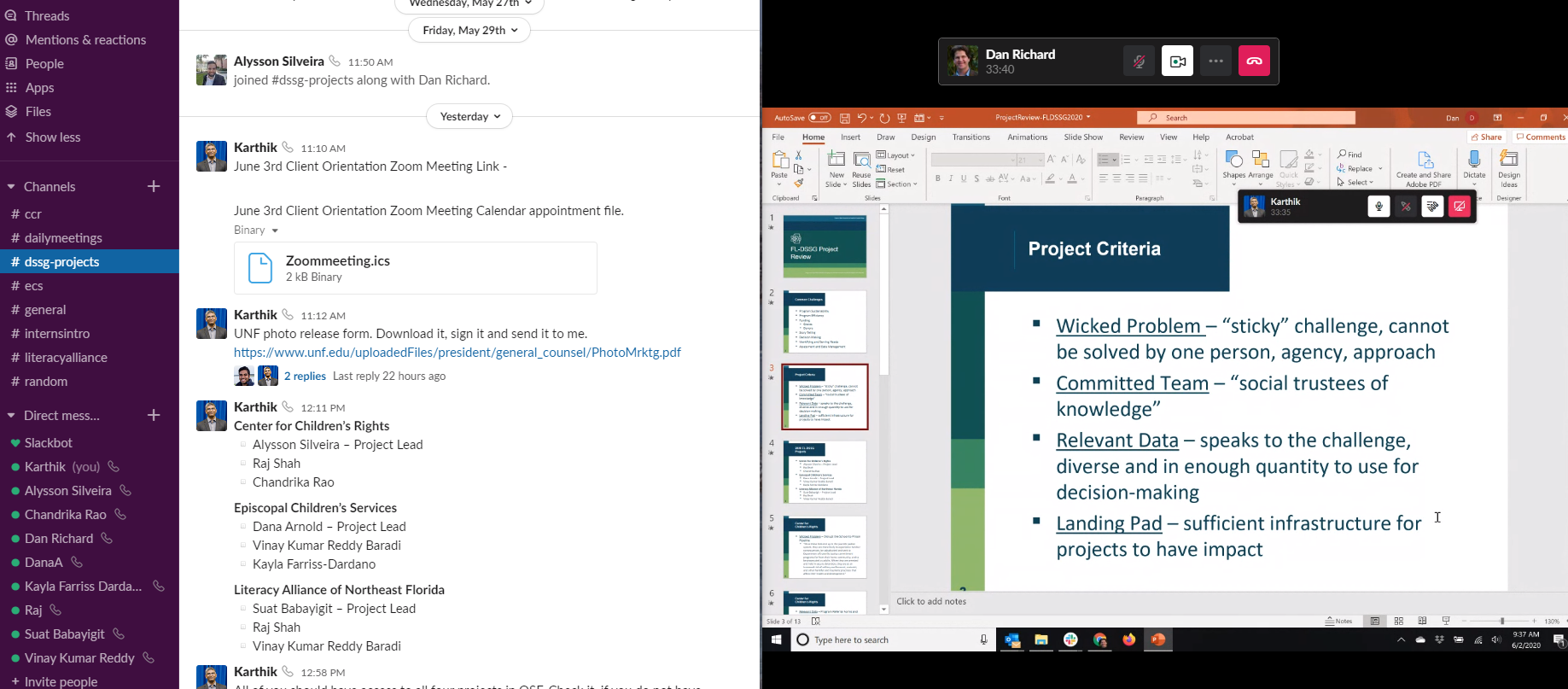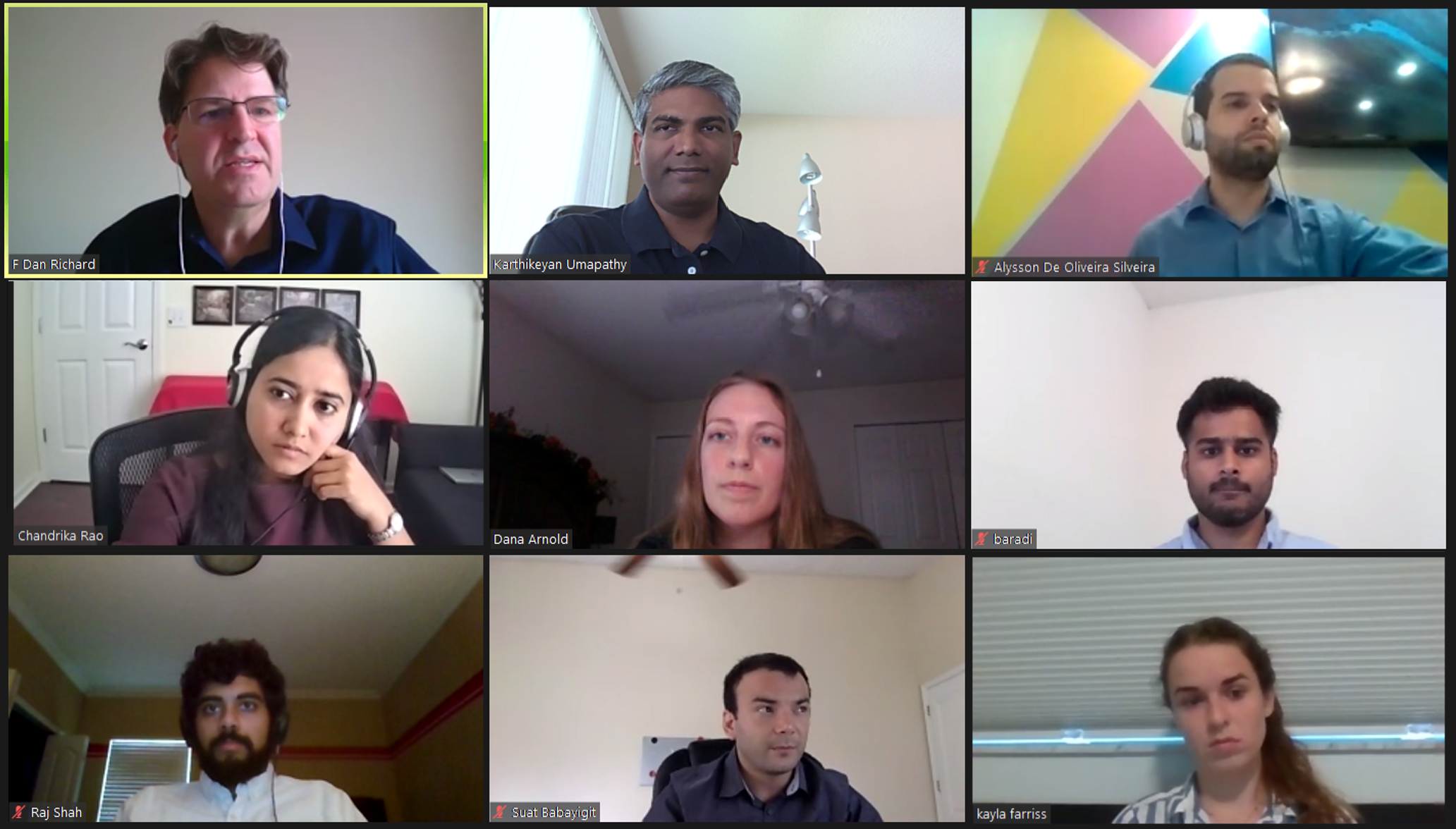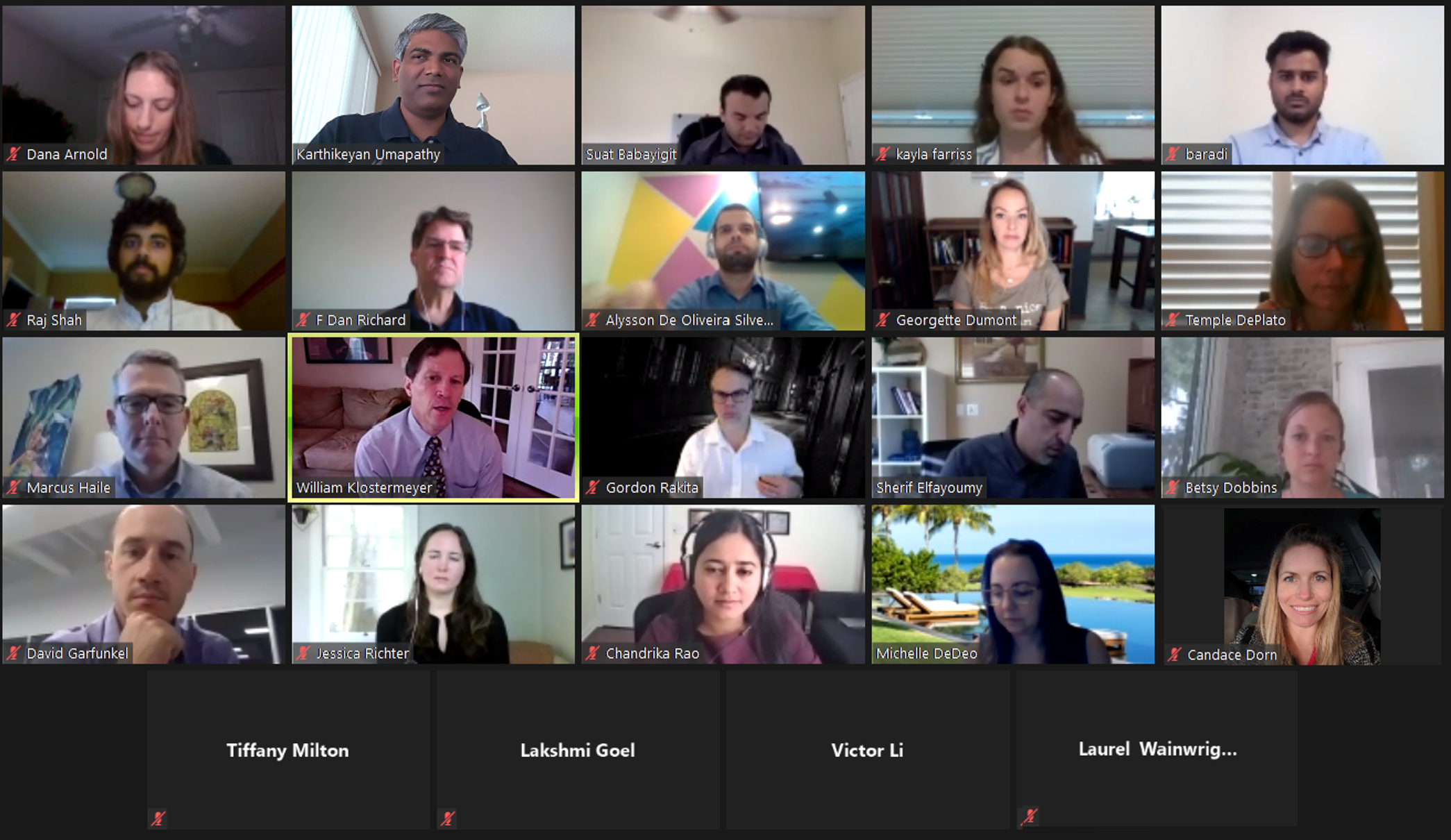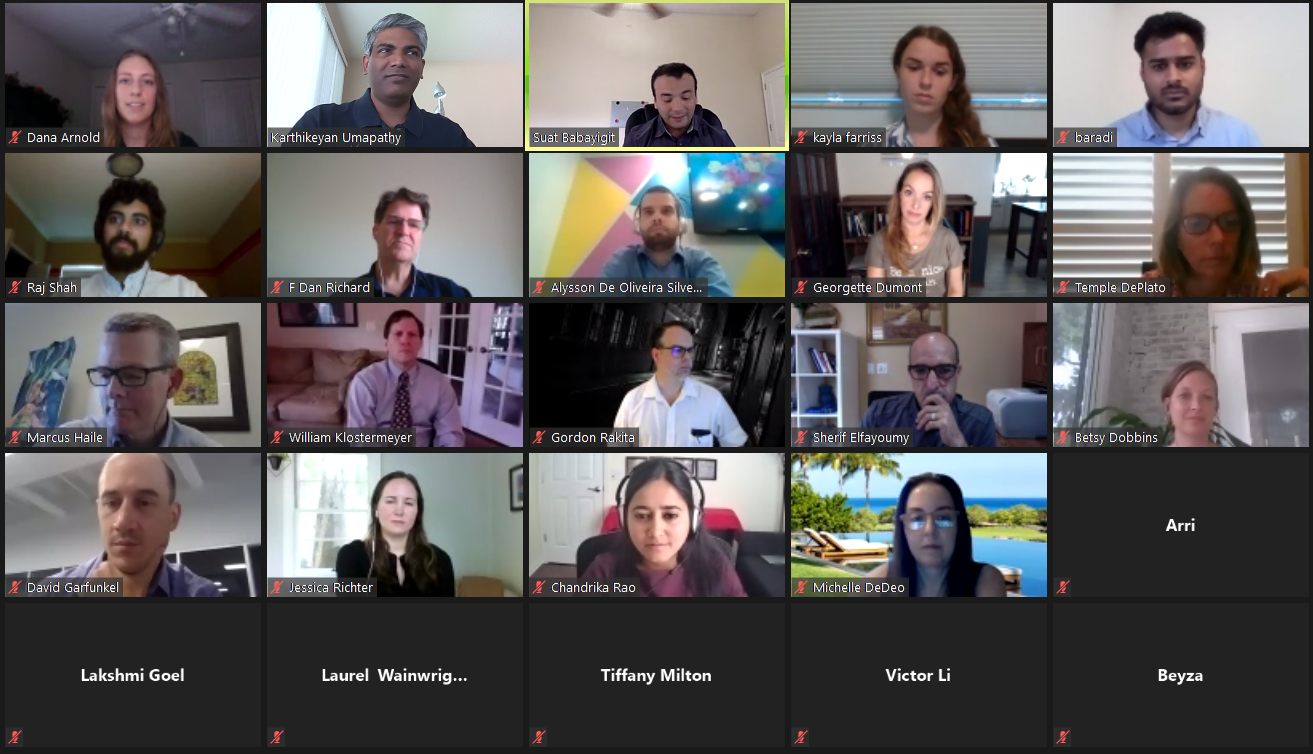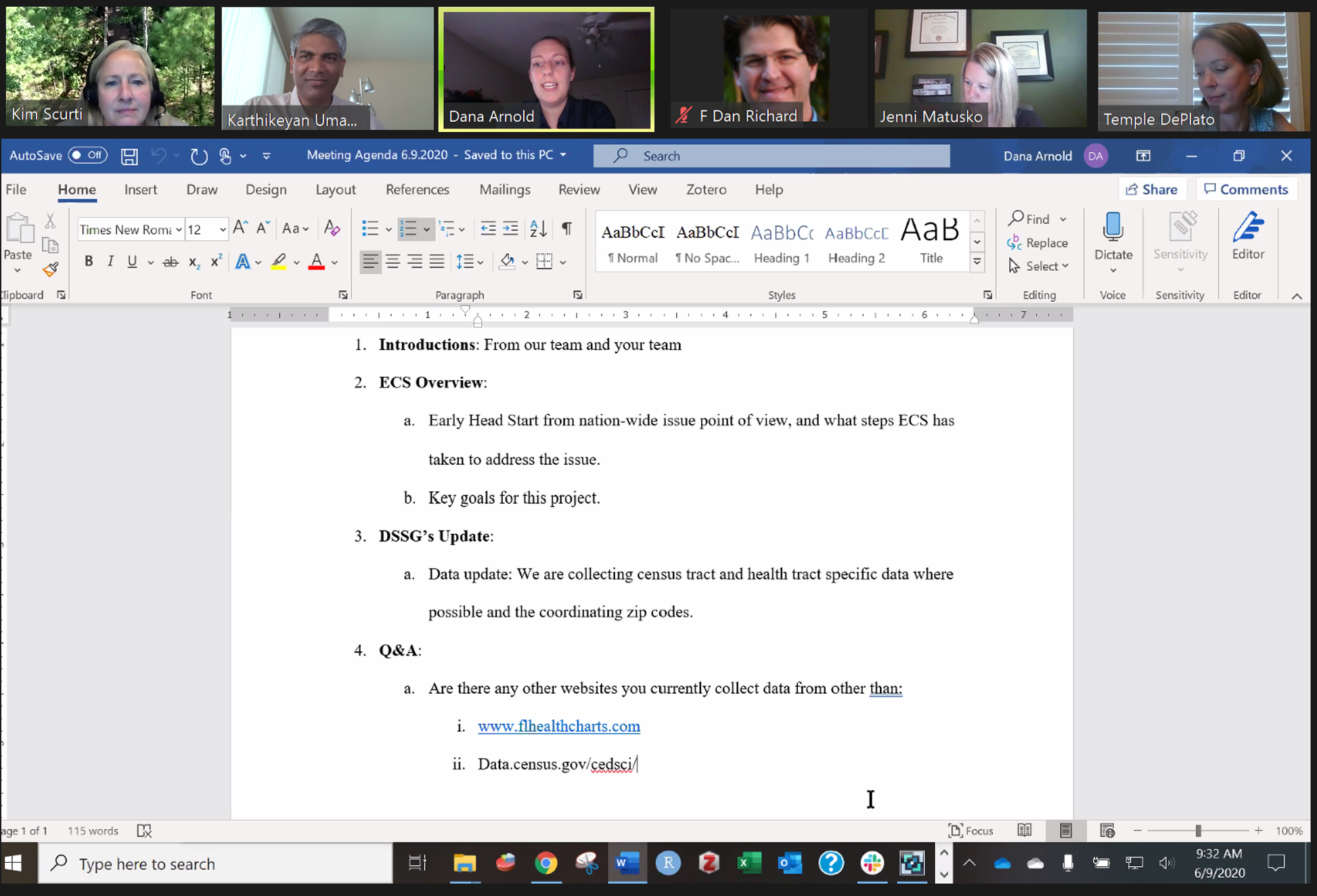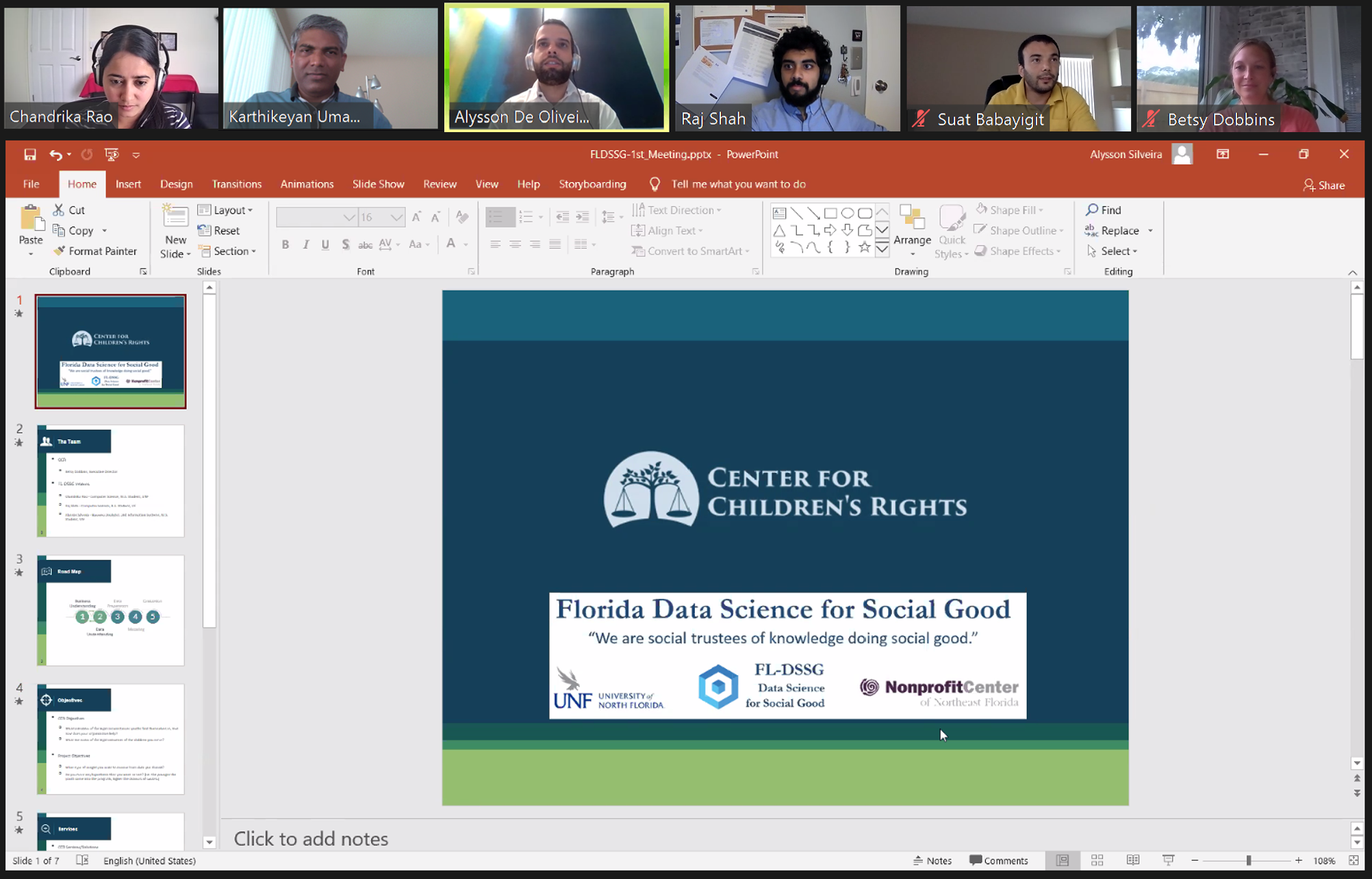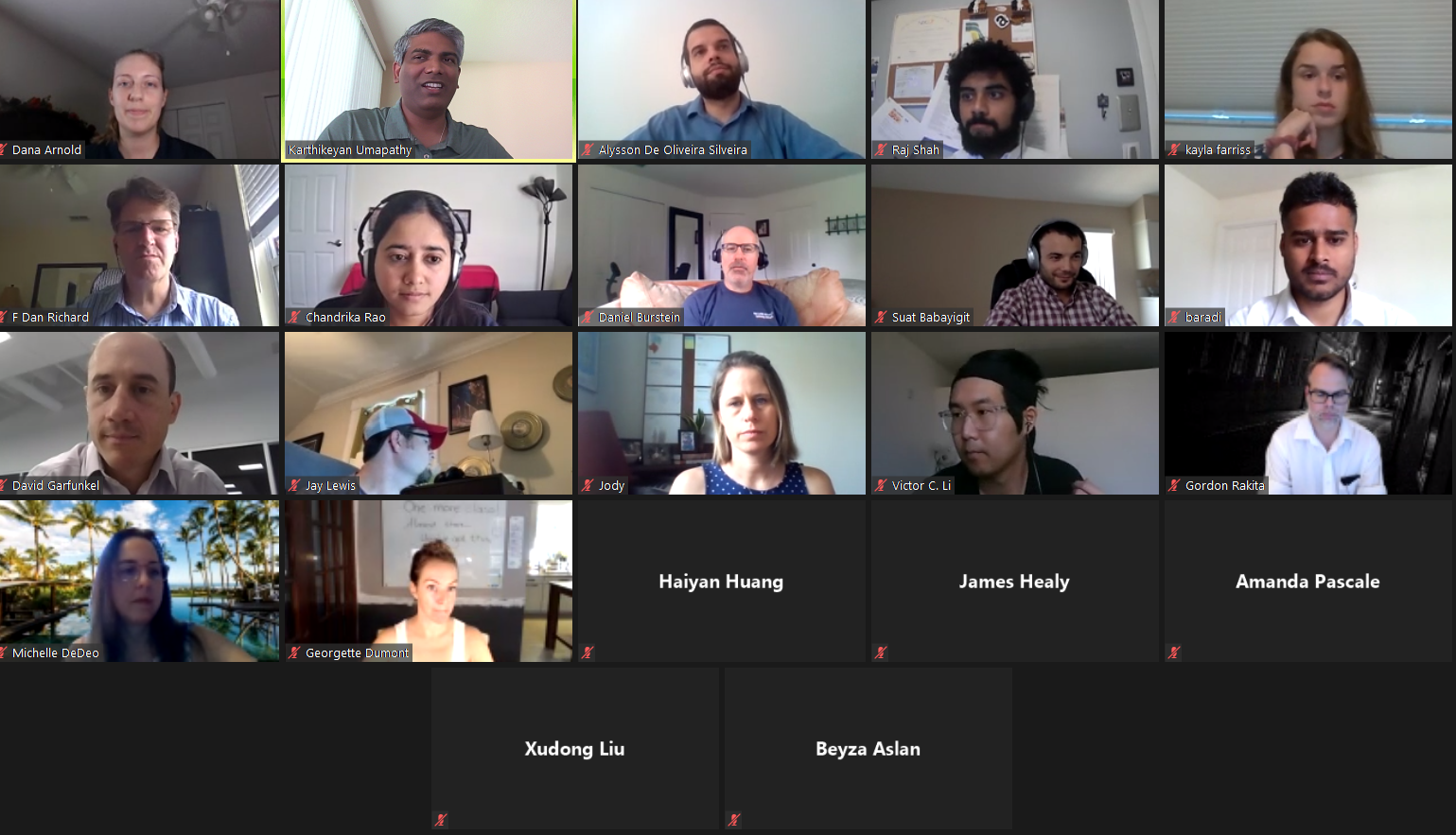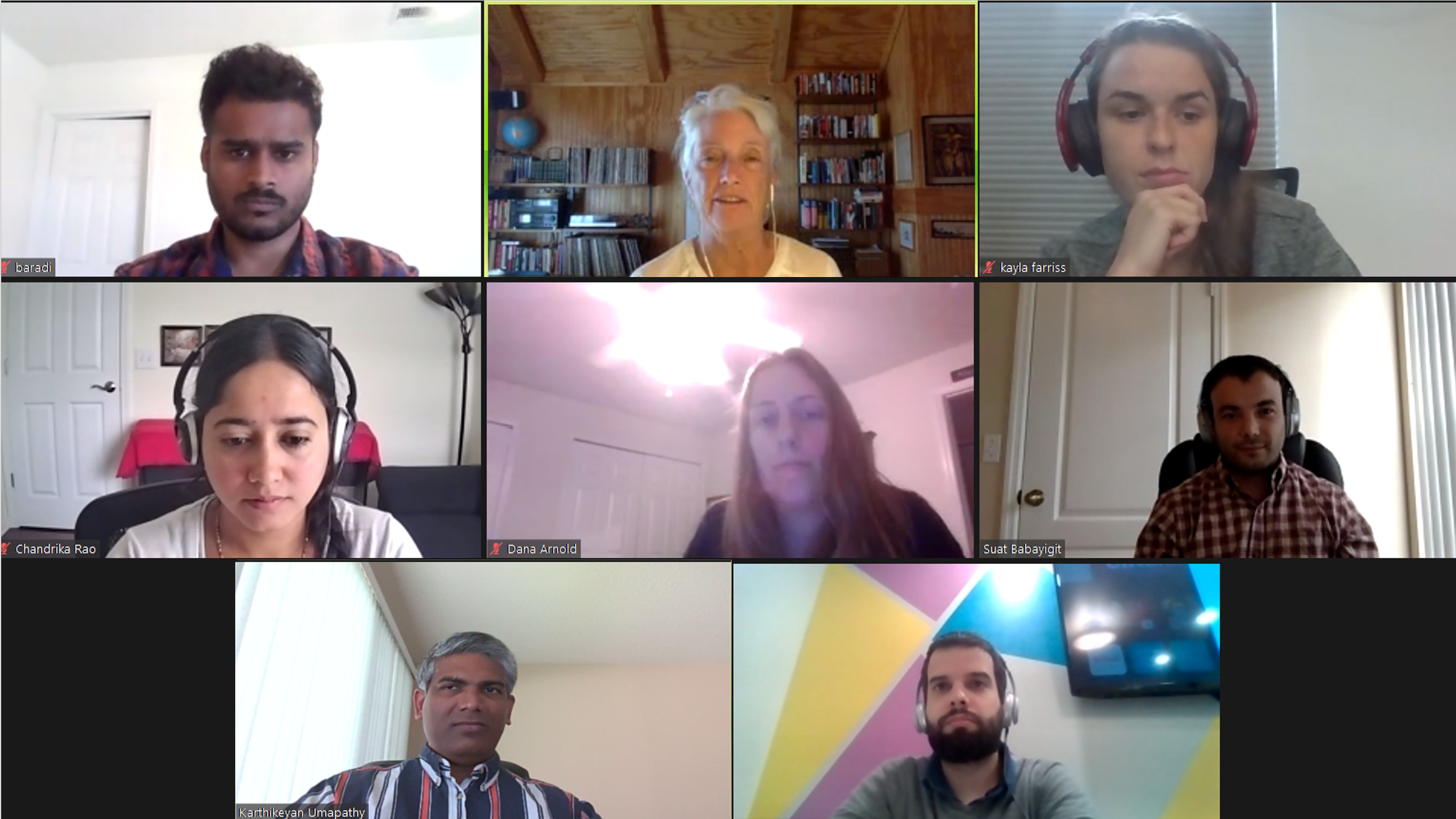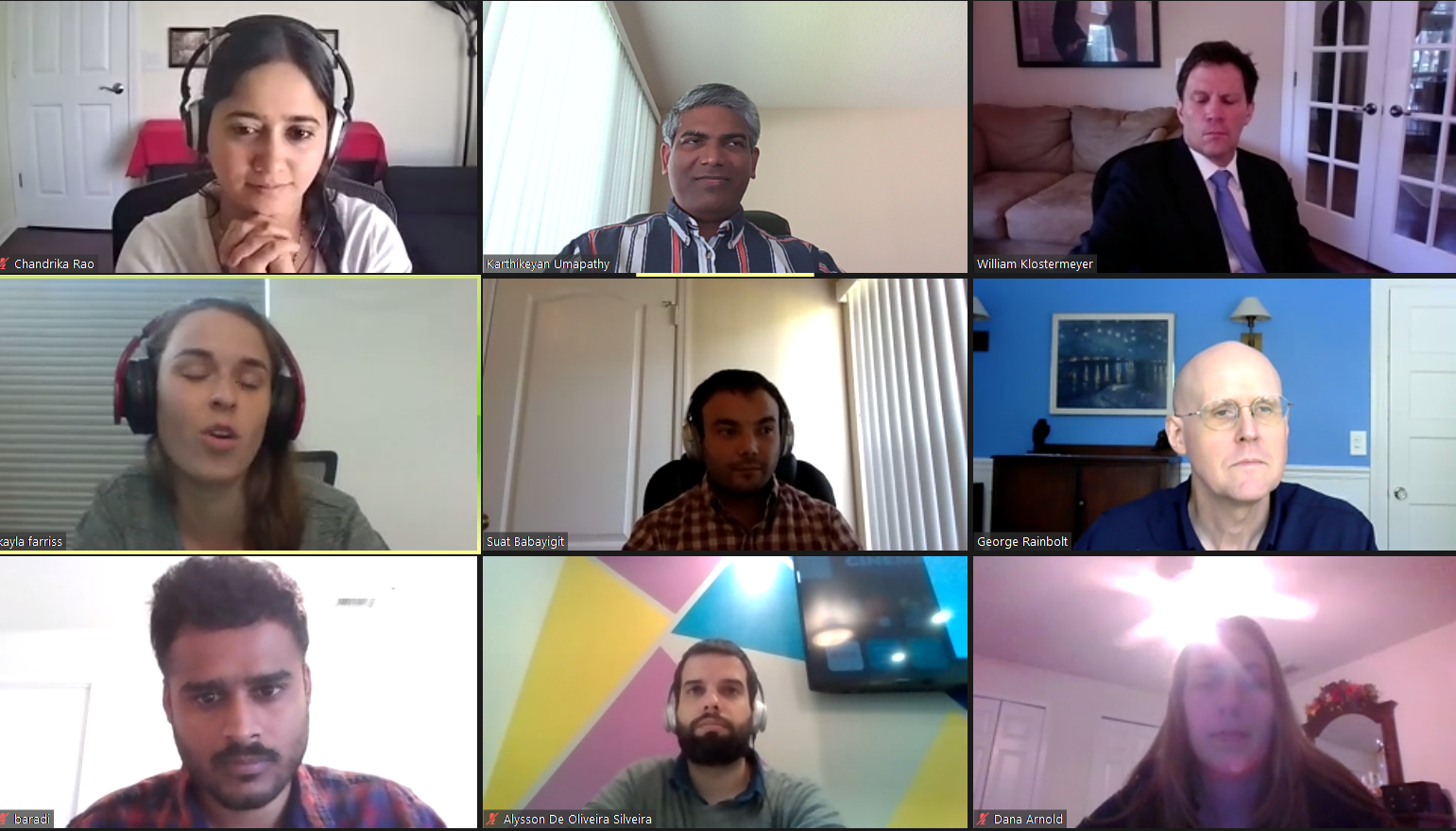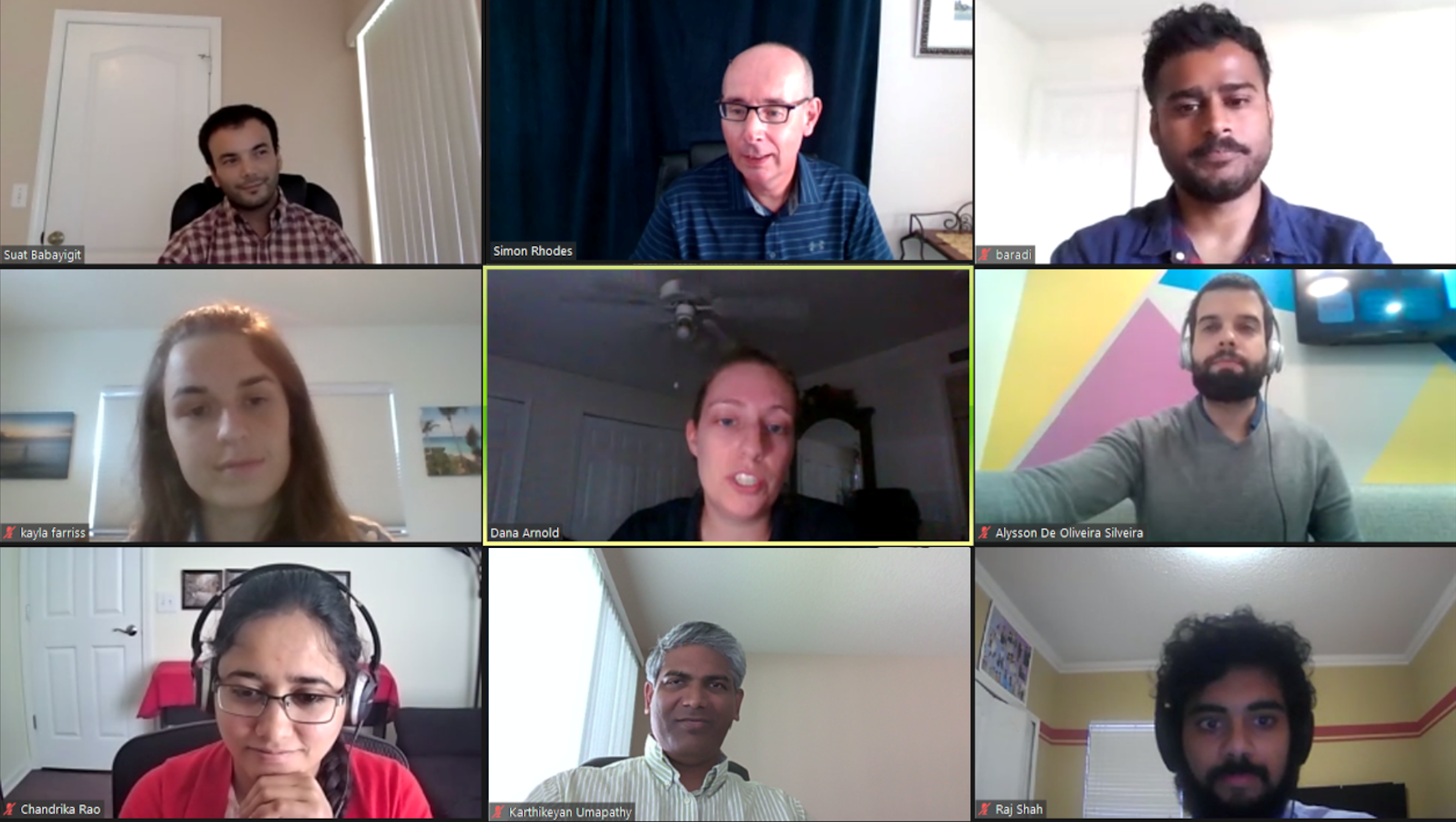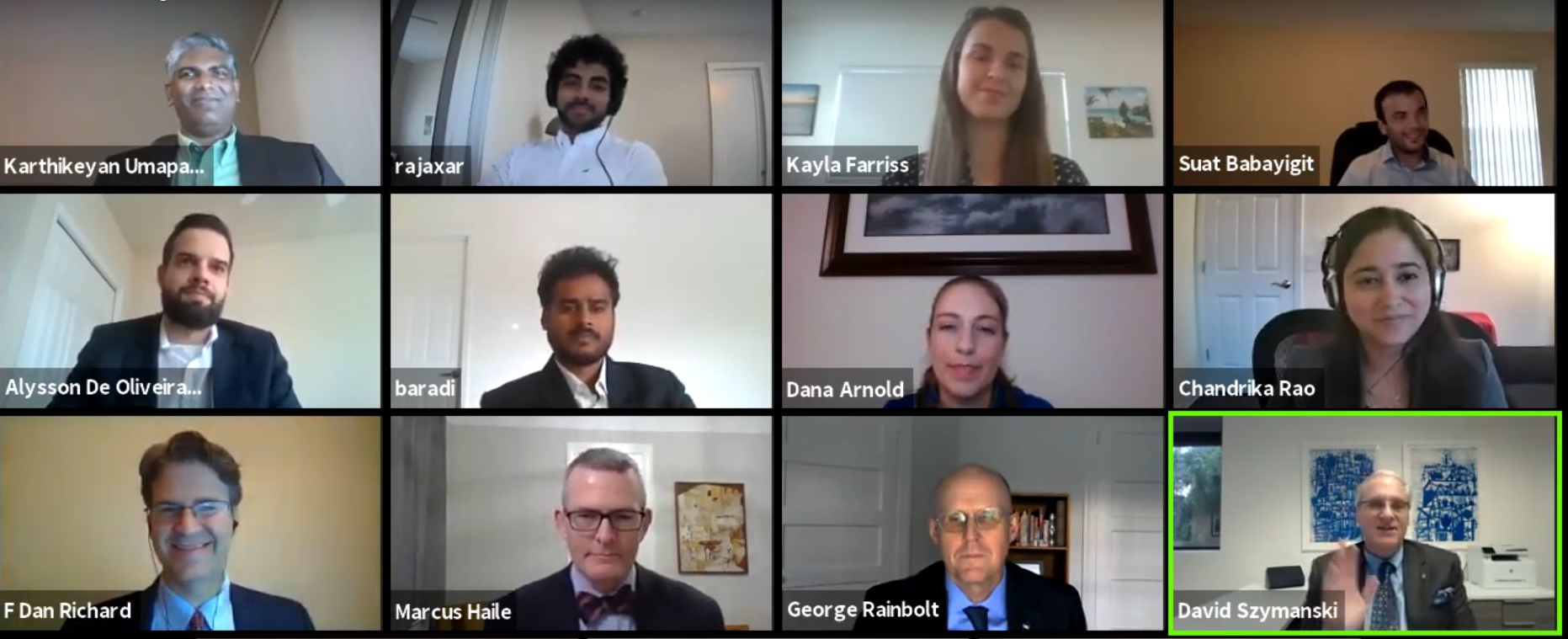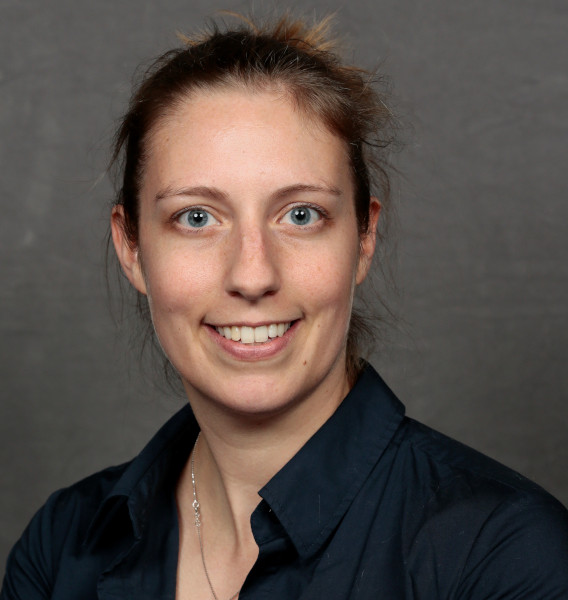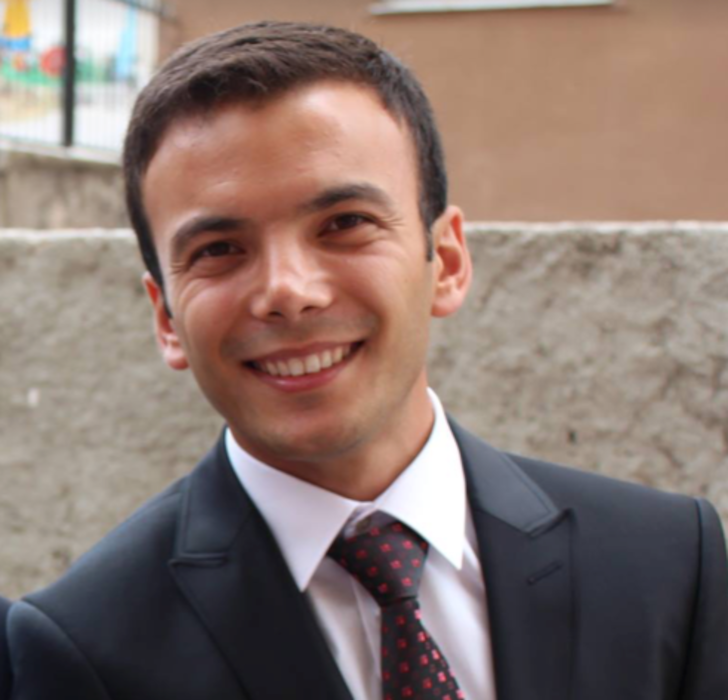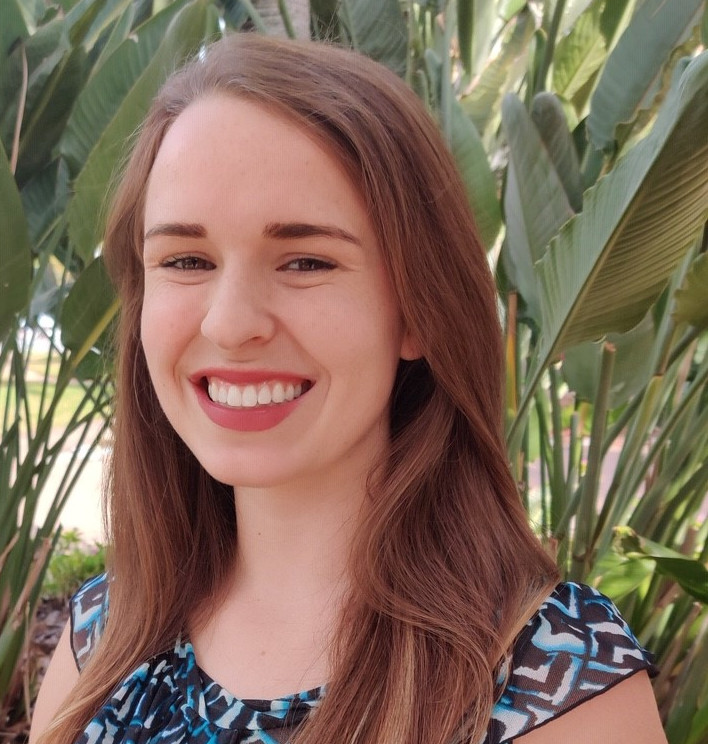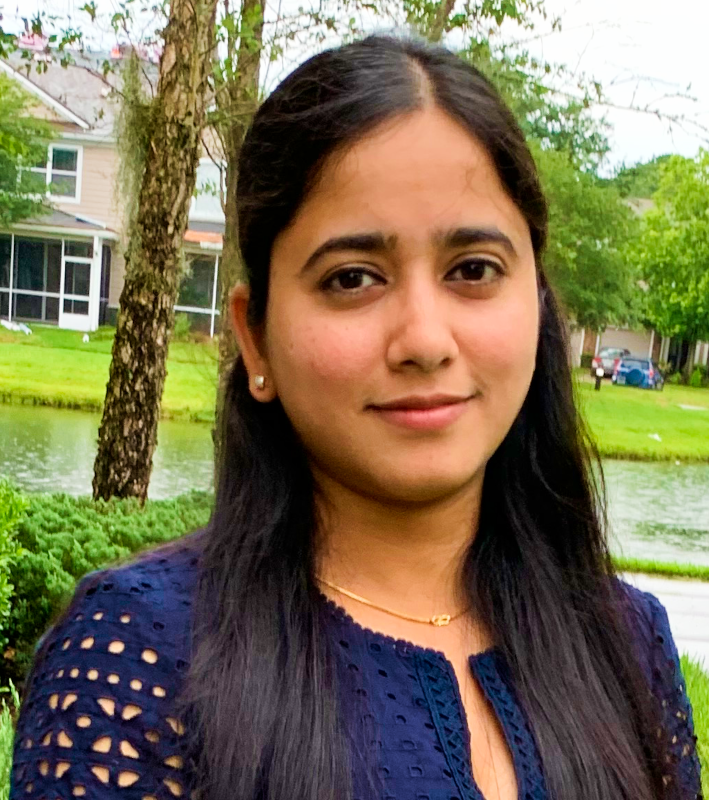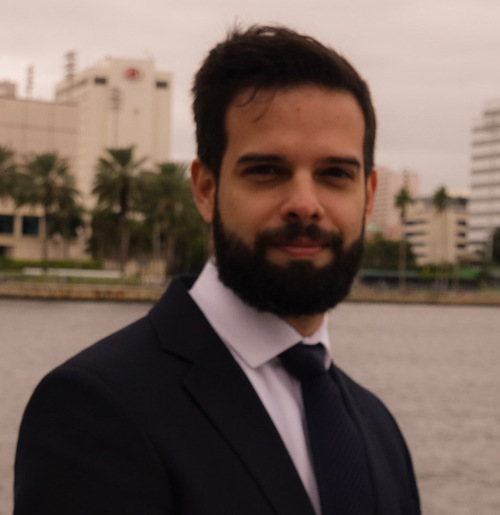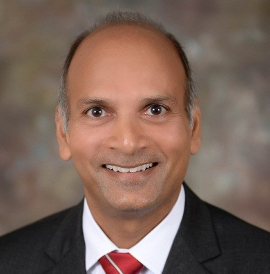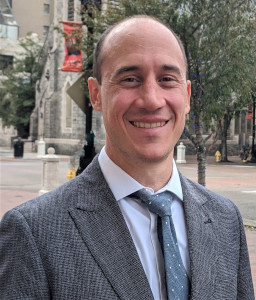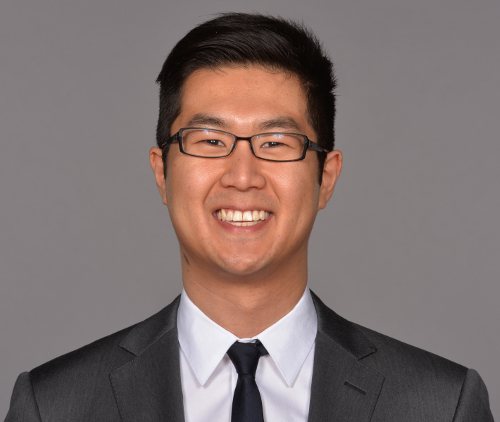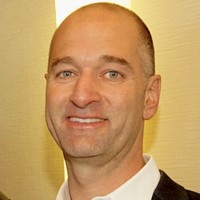2020 FL-DSSG Summer Internship
The Florida Data Science for Social Good (FL-DSSG) program is an intensive 12-week internship that invites students to tackle data-rich projects that have the potential for substantial social impact. Due to COVID-19 and social distancing measures, the 2020 program is being run in a limited capacity and remotely. The 2020 FL-DSSG program supports seven interns from various disciplines and three nonprofit organizations from the Northeast Florida region. The 2020 FL-DSSG summer internship program starts on June 1st and ends on August 21st, 2020. Interns will present the project results at an open to public Big Reveal event in the third week of August. The 2020 FL-DSSG program is supported by the University of North Florida Foundation and FIS Distinguished Professorship Award. Dr. Dan Richard from the Department of Psychology and Dr. Karthikeyan Umapathy from the School of Computing spearhead the FL-DSSG program.
2020 FL-DSSG Big Reveal Event Presentations
FL-DSSG Big Reveal Event was held on August 18th, 2020, from 4:30 PM to 6:30 PM as a YouTube Live Event. At the event, DSSG interns presented findings and revealed insights gained from the Children’s Rights, Episcopal Children’s Services, and Literacy Alliance of Northeast Florida projects. Below you can access the PowerPoint file and video recordings of the presentations.
Social Good Projects
FL-DSSG projects address wicked problems, issues that have been persistent social issues in our community for many years. FL-DSSG program obtains relevant data from the community partners pertinent to the issue and assists the partner in making data-driven decisions for addressing their wicked social problem. Wicked problems addressed in the 2020 program include disrupting the school to prison pipeline, identifying neediest children and families to fill the Early Head Start slots, and gaining insights on the impacts of literacy programs on the adult learners.
Center for Children's Rights – Analyzing Impacts of the School to Prison Pipeline Program
The Center for Children’s Rights (CCR) provides civil legal representation to kids involved with the juvenile justice system. As an alternative to arrest, detention, and incarceration, the center advocates developmentally and trauma-informed policies and practices. CCR facilitates juvenile justice reform by working with a variety of community partners and provide kids access to what they need in the school and in the community to thrive.
The wicked problem addressed by CCR is disrupting the school to prison pipeline (STPP). The STPP describes policies and practices that push students out of the classroom and into the juvenile justice and criminal justice systems. The STPP disproportionately affects students of color, students with disabilities, students who identify as LGBTQIA+, and girls. Push out factors include disparate discipline, failures to respond to children’s learning and behavioral needs, and a school climate and culture that is not trauma-sensitive and inequitable. The STPP’s harmful impact is most acutely felt by students at the intersection of these populations. Once these kids end up in the juvenile justice system, they are more likely to experience harsher consequences that affect their socioemotional and behavioral development, strip away important educational experiences, interfere with the process of identifying and addressing underlying issues, and contribute to increased family stress and burden.
CCR receives direct referrals from key juvenile justice stakeholders. CCR completes a comprehensive legal needs assessment and zealously advocates for kids who are: out of school, having problems in school, homeless, having trouble getting appropriate health care or counseling, and being locked up in detention. To address the wicked problem, based on the gathered information, CCR develops a youth-centered plan to ensure access to the rights, supports, and services at the school and community as well as connection to the right people, places, and activities for their development.
With the help of the FL-DSSG, CCR would like to analyze advocacy efforts on the clients such as whether the advocacy enhances the educational services, increases access to and utilization of mental health and social services, increases the likelihood of community-based juvenile justice sanctions, and decreases recidivism or seriousness of re-offense.
Center for Children’s Rights Website
CCR Big Reveal Presentation Video
Episcopal Children’s Services – Identifying Children and Families with Low-incomes and Early Learning Needs
Episcopal Children’s Services (ECS) provides programs and services to help Florida families raise children who are ready to learn when they enter the school. ECS incorporates research-based and proven best practices into its programs and services to promote children’s physical and mental health, motor development, cognitive development and general knowledge, social and emotional development, and language and communication skills.
ECS Early Head Start program provides full-day, full-year center-based and home-based early learning to pregnant women and children birth to three years of age. Early Head Start is a free program for children and families with low-incomes, providing comprehensive early learning in both center-based and home-based settings. This successful program helps ensure children’s readiness for school and increases parental knowledge in children’s growth and development. The program also provides additional family supports such as literacy workshops and parenting skills training and targeted attention on meeting specialized needs regarding children with disabilities, behavioral challenges, and health concerns.
To reach those most in need of Early Head Start services, ECS would like to develop an interactive dashboard to analyze and identify recruitment areas within the Duval county that has neediest children and families. The dashboard must factor in family income, homelessness, children in foster care, age, and eligibility for special education or early intervention services as well as cater to changing family needs and shifting demographics. The dashboard should contain an interactive map to visualize the recruitment areas and associated data. The dashboard would be used to answer the following questions: Where are the children and families who would benefit most from Early Head Start located within Duval County? Where are current ECS locations compared to the most vulnerable populations in Duval County? Where should we target home-based service recruitment? Where should we recruit Contracted Child Care Providers?
Episcopal Children’s Services Website
ECS Big Reveal Presentation Video
Literacy Alliance of Northeast Florida – Mining Insights from the Adult Learners Educational Data
Literacy Alliance of Northeast Florida provides free literacy instruction to adults seeking to improve their reading, writing, and math skills. The Literacy Alliance services include computer-assisted instruction, small group classes, as well as instruction in basic math skills, financial literacy, health literacy, and career coaching. The Literacy Alliance is the largest adult literacy program in the Northeast Florida region and one of the largest in the state of Florida, providing instruction to over 500 adults every year who receive over 20,000 hours of learning.
The wicked problem addressed by the Literacy Alliance is adult literacy, i.e., English speaking adults who are unable to read and write effectively. The Literacy Alliance has been maintaining a database containing pre- and post-test data on standardized tests, student background information, student educational and personal goals, and teacher notes regarding student involvement. While the above data helps Literacy Alliance with a surface level understanding of the impact on adult learners, it does not help to identify the most effective ways to work with our adult learners.
Literacy Alliance would like FL-DSSG to mine the data gathered to gain a deeper level of understanding of impacts made on the adult learners as well as their personal and educational goals. The Literacy Alliance is seeking assistance in analyzing the impacts of the classroom as well as online and tutoring instructions and developing a continuous improvement process that guides staff members with making data-driven program decisions as well as helps in identifying other questions to explore or data that should be collected.
Literacy Alliance NEFL Website
Literacy Alliance Big Reveal Presentation Video
Data Science Interns
Students work as DSSG Interns in a 12-week, paid internship program. Interns from multi-disciplinary backgrounds work as a team to help community partners make data-driven decisions. Interns receive valuable experience with data management, analysis, technology, and community needs. Interns are supervised by DSSG program directors and receive guidance from industry mentors as well as faculty project leads.
Industry Mentors (Sherpas)
FL-DSSG Mentors, referred to as Sherpas, are industry leaders who help interns take the right steps and complete the project successfully. Sherpas work along with program directors to mentor interns on industry best practices for solving data science problems, advise program directors on work plans, and provide technical guidance on project tasks.
Dr. Naveen Agarwal has 20 years of leadership experience in Product Development, Quality and Business Analytics across multiple industries. Most recently, he led a team of Analysts in the Commercial Sales operation at Johnson & Johnson Vision Care. Projects completed during this time include a Microstrategy® based mobile app for the North America field sales force to access updated sales data and take timely action to achieve business results. He holds a Ph.D. in Engineering from University of Massachusetts, Amherst and a M.S. from Georgia Tech. In his spare time, he enjoys distance running, swimming, community work and spending time with family.
Relevant expertise:
- Tools: Advanced Statistics, Tableau, Excel, SQL
- Certifications: Machine learning, Data visualization and communication with Tableau, Six Sigma, Certified Quality Engineer, Project Management Professional
- Experience: Dashboard development, statistical analysis and data modeling
Daniel oversees all content and marketing coming from the MarketingExperiments and MarketingSherpa brands while helping to shape the marketing direction for MECLABS Institute — digging for actionable discoveries while serving as an advocate for the audience. Daniel is also a speaker and moderator at live events and on webinars. Previously, he was the main writer powering MarketingExperiments publishing engine — from Web clinics to Research Journals to the blog. Prior to joining the team, Daniel was Vice President of MindPulse Communications — a boutique communications consultancy specializing in IT clients such as IBM, VMware, and BEA Systems. Daniel has 20 years of experience in copywriting, editing, internal communications, sales enablement, and field marketing communications.
Relevant expertise:
- Led research into customer opinions, preferences and behavior (e.g., Customer-First Marketing Research: 4 key data points from research with 2,400 consumers).
- Distilled information from that customer research, creating a cohesive narrative with actionable takeaways for marketers and business leaders (e.g., Customer-First Marketing Strategy: The highest of the five levels of marketing maturity).
- Spread the story from that research as a subject matter expert for interviews with journalists (e.g., The Marketing Virtues of Good Ol’ Snail Mail via The Wall Street Journal).
- Interviewed marketers, business leaders and other subject matter experts on effective ways to use data (e.g., Using segmentation and Big Data to target different markets).
- Wrote articles on data-related topics (e.g., Ask MarketingSherpa: Maturity of conversion rate optimization (CRO) industry).
- Interviewed academic researchers to communicate their discoveries to mainstream marketers and business leaders through chart-based articles (e.g., E-commerce Chart: Star ratings’ impact on purchase probability).
David Garfunkel is President of LIFT JAX, an initiative of business and community leaders working to eradicate generational poverty in Jacksonville. David leads LIFT JAX in its role as Community Quarterback. LIFT JAX is a nonprofit organization that drives the community revitalization initiative in Jacksonville’s Eastside in partnership with resident leaders. Before joining LIFT JAX, David worked for five years at FSG; a nonprofit consulting firm focused on finding new ways to advance social change. David developed expertise in collective impact, a structured approach that brings together community leaders from across sectors to work on solving challenges in their communities. David started his career as a Peace Corps volunteer in the Dominican Republic, where he served for three years in the area of community economic development. Following the 2010 earthquake that struck Haiti, he moved to Port-au-Prince, where he led a rural loan and education program for Fonkoze, Haiti’s largest microfinance institution. David holds a Master’s Degree in Public Policy from the Harvard Kennedy School of Government and a Bachelor’s Degree from Gustavus Adolphus College in Spanish and International Management. David lives in Jacksonville with his spouse, Stephanie, and their two daughters, Lucia and Eliza.
Relevant expertise:
- Experience leading various social impact programming ranging from domestic neighborhood revitalization initiatives to national microfinance programs.
- A decade of experience consulting to leading social impact organizations – nonprofits, foundations, and corporations – in the United States and globally.
- Passion for translating data into relevant and actionable insights for practitioners in pursuit of social impact.

Jay Lewis has held multiple analytics roles over 12 years in banking and organizational psychology. As Digital Insights & Analytics Manager at TIAA Bank, he produces analysis and reporting focused on the online user experience within TIAA Bank's digital department. A Tableau user since 2012, Jay has been a regular contributor in the North Florida Tableau User Group, a guest speaker at Tableau's annual conference, and a 3-time Tableau Viz of the Day winner. He came to visual analytics from a media and journalism education, earning a B.A. in media studies from Washington University, an M.B.A. from Webster University, and an M.A. in media communications from Webster University. He also taught coursework on media research methods as an adjunct at Webster.
Relevant expertise:
- 12 years in business analytics roles, including in organizational psychology and banking.
- Tableau Desktop Certified Professional, Tableau Public contributor.
- Various data analysis and visualization tools including SQL, Alteryx, R, Python, and Gephi.
- M.B.A. and M.A. in Media Communications.
Victor C. Li grew up in sunny Los Angeles among traffic and taco trucks, raised by a computer scientist and a statistician - shocking the world when he became a data scientist. He froze (yet thrived) in Providence for his undergraduate years at Brown University where he earned an Sc.B. in Statistics and was involved with sports analytics, opioid research, orchestral music, poker, and a brief stint in catering. During college, he interned back home with UCLA Men’s Basketball assisting with their data collection and reporting and at Paramount Pictures building machine learning models to predict how films will perform at the box office. After graduating in 2017, Victor moved to Jacksonville to work as an Advanced Analytics Developer for the Jaguars and after two years has almost gotten used to the humidity.
Relevant expertise:
- Education: Brown University, Sc.B. Statistics.
- Software: R, SQL, Tableau.
- Subjects: Statistical Analysis, Predictive Modeling, Machine Learning, Data Visualization and Reporting.
- Domains: Sports Analytics, Sports & Entertainment Business, Public Health.
Robert Morris, Ph.D. is a technical executive with over 15 years of applied and theoretical data science/machine learning experience. While a tenured professor of criminology at the University of Texas at Dallas, he co-founded Predikto Inc. (acquired by United Technologies Corp.), a machine learning (predictive analytics) software company focused on the transportation industry where he served as Chief Science Officer, CTO, and was lead inventor of Predikto's machine learning automation IP. Robert has published over 60 peer-reviewed journal articles across many disciplines in leading journals (e.g., PLoS One, Journal of Quantitative Criminology, Justice Quarterly, Intelligence). His expertise lies not only in the machine learning and data mining approaches utilized by Predikto's software, but in the unique set of skills surrounding feature engineering, data management, and measurement that are critical to successfully deploying and extracting value from learning models. From 2017-2019, he was Senior Director of Global Solutions Enablement for Hitachi’s Global Social Innovation Business. Currently, Robert is Chief Scientific Officer for BlueChip Financial where he oversees ML automation of consumer lending processes.
Relevant expertise:
- Co-founder of Predikto Inc., a machine learning automation company serving the transportation industry (acquired by United Technologies Corp. in 2018). Lead inventor of Predikto’s core IP.
- Formerly tenured professor at the University of Texas at Dallas where he taught advanced analytics courses at the undergraduate, masters, and doctoral levels.
- Lead dozens of production data science/machine learning deployments or proof-of-concepts across many industries including: aviation, rail, maritime, manufacturing, criminal justice, venture capital, consumer lending, among others.
- Expert in many data science related programming languages (e.g., R, Python, Stata, SPSS, HLM, MPlus, etc.)
James earned both a BS Business Administration and MBA from the University of Florida and a MSc in Computer Science from the University of West Florida. James’ professional experience includes software development, statistical analysis, business intelligence, and data science. James has delivered data products in numerous verticals, including: banking, accounting, insurance, healthcare, consulting, and energy. As a data scientist as AgileThought, James is tasked with empowering clients to make better decisions using data. James lives in Atlantic Beach with his wife and daughter.
Relevant expertise:
- Software: Python, Scikit-learn, Tensorflow, Keras, Excel, and Tableau.
- Subjects: Machine Learning, Deep Learning, Data Engineering, Data Visualization, Statistical Analysis, Computer Vision, and Natural Language Processing.
Laurel Wainwright
Environmental Services at JEA
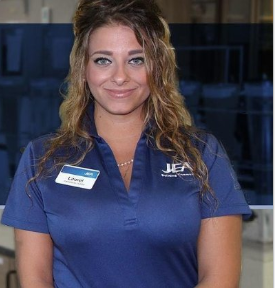
Laurel Wainwright is an innovative solutions specialist and change management analyst with a data focus on environmental services, disease control efforts, and public policy recommendations. She uses management science techniques to provide solutions to complex business problems and has experience working in multiple industries. Her expertise is childhood literacy data examination through grant funded work and promotion of environmental stewardship. Laurel is currently finishing her master’s degree in Public Policy at Jacksonville University.
Faculty Project Leads
Faculty leads work along with FL-DSSG program directors to assist interns in solving problems related to data science and good social projects. Faculty leads provide subject-matter expertise on project tasks and engagement with community partners.
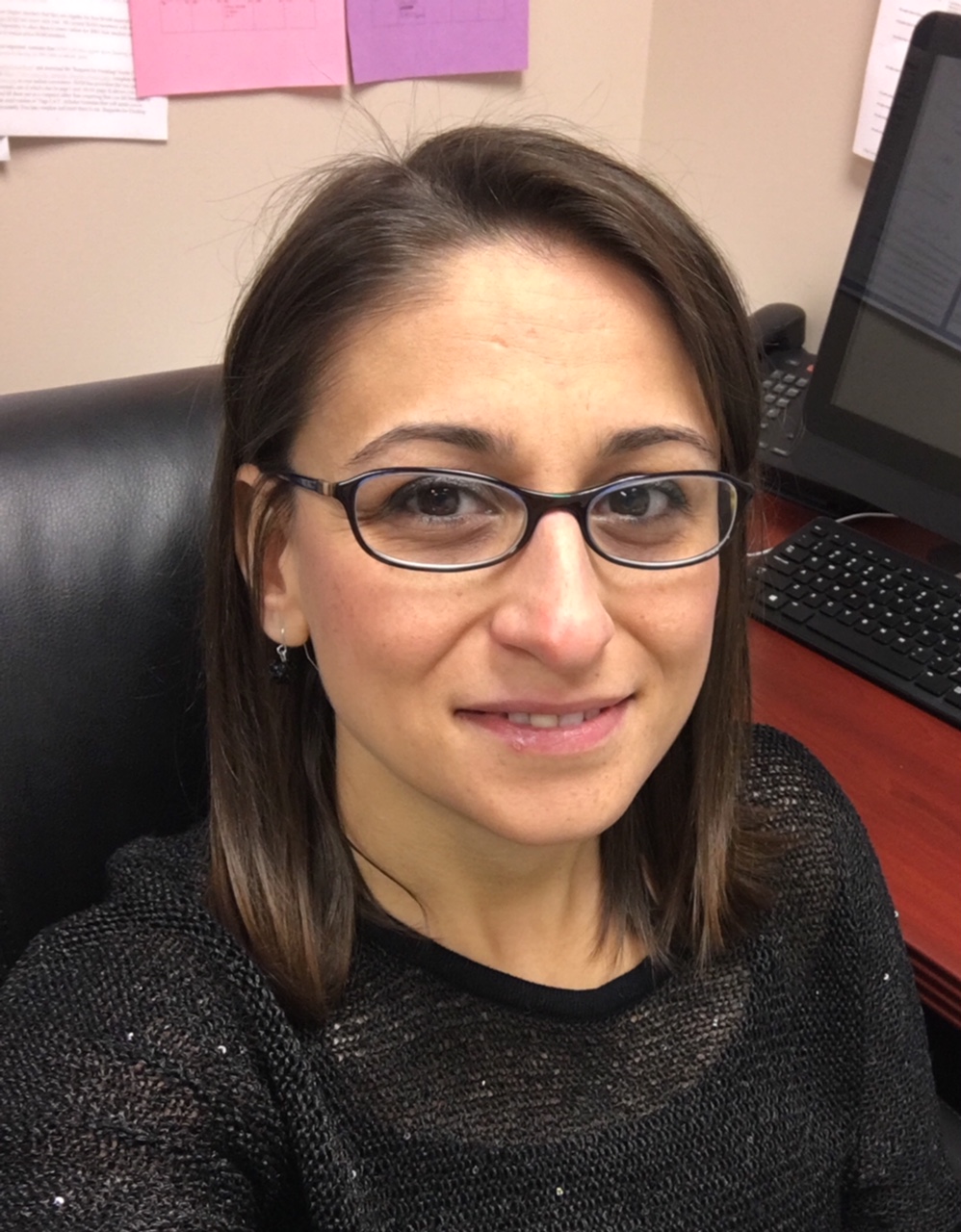
Dr. Beyza Aslan
Associate Professor
Department of Mathematics & Statistics
College of Arts and Sciences
University of North Florida
Beyza Aslan is an Associate Professor of Mathematics and the Director of the Math Center at the University of North Florida. She received her Ph. D in Applied Mathematics from University of Florida. Dr. Aslan’s research focuses on lightning modeling, lightning data analysis, and data analysis and pattern recognition for mitochondrial disorders to improve the diagnostic process.
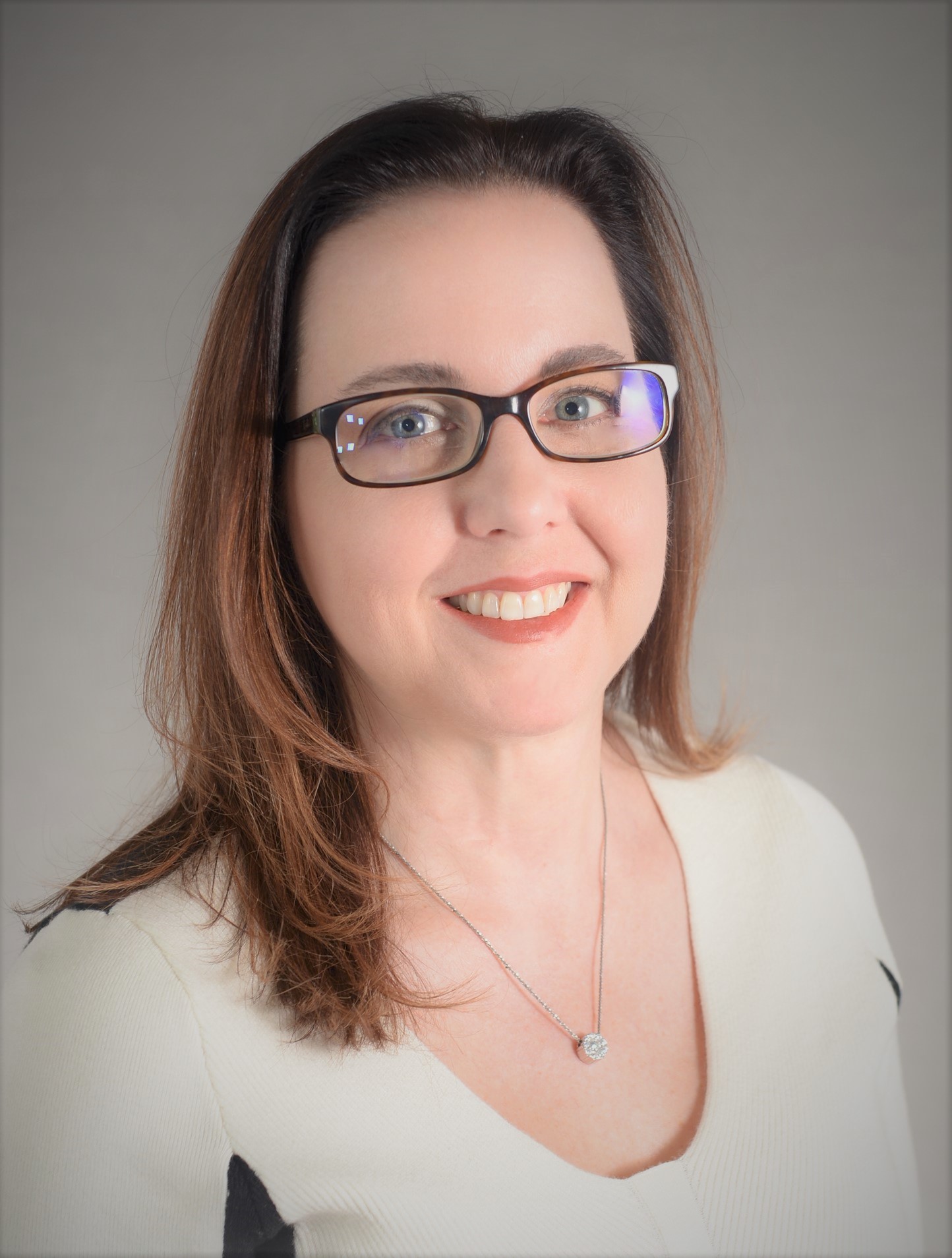
Dr. Michelle DeDeo
Associate Professor
Department of Mathematics & Statistics
College of Arts and Sciences
University of North Florida
Dr. Michelle DeDeo is an Associate Professor in UNF’s Department of Mathematics and Statistics and a Research Collaborator with Mayo Clinic - Jacksonville. Dr. DeDeo’s research involves interdisciplinary computational science, which intersects data science, number theory, theoretical physics and chemistry, engineering, and statistics. She is a published author (see ORCID) with a demonstrated history of statistical and data science work with clinicians and researchers. Recent data science projects include analyzing the survivability of patients with glioblastoma, prediction of pediatric seizures, and studying the effects of opioids in Northeast Florida using data science and statistics. Her work has earned her several grants and awards, including a Deans Fellowship, UNF’s Outstanding Teaching Award, a $1.6M DOE Teacher Quality Program grant as a Co-PI, and others. Dr. DeDeo presents nationally on her research and, most recently, has been invited to be a Keynote Speaker at the 3rd Annual Conference on Data Science, Analytics, and Artificial Intelligence in Boca Raton, FL.

Dr. Georgette Dumont
Associate Professor
Department of Political Science & Public Administration
College of Arts and Sciences
University of North Florida
Dr. Georgette Dumont is an Associate Professor in UNF’s Department of Political Science and Public Administration. Some of the journals Dr. Dumont has published in Nonprofit and Voluntary Sector Quarterly, Journal of Nonprofit Education and Leadership, and the American Review of Public Administration. She has also published various book chapters, and currently has a contract with Oxford University Press for a book on nonprofit accountability. She continues to present nationally on her research. Dr. Dumont is active in her community and analyzes how local nonprofits are utilizing new technologies, which has resulted in reports to inform nonprofits in Northeast Florida about how the local sector is using online technologies, specifically social media. Dr. Dumont consults with nonprofits on strategy, technology, leadership, and strategic planning. She served on local nonprofit boards of directors, Jacksonville’s Public Service Grants Council, and is a Community Coach for the Nonprofit Center of Northeast Florida.
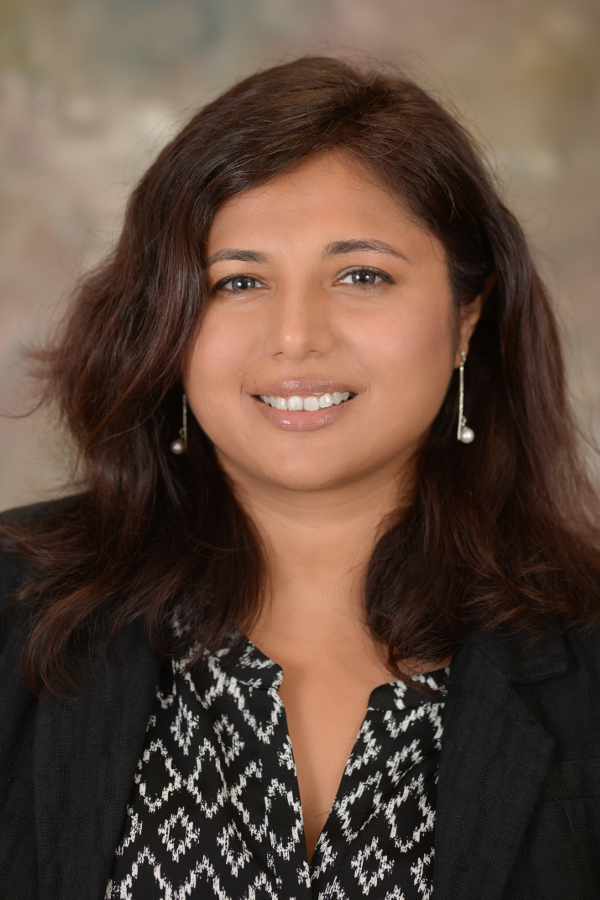
Dr. Lakshmi Goel
Professor and Chair
Coggin Endowed Strategic Professor
Department of Management
Coggin College of Business
University of North Florida
Lakshmi Goel is currently working as a Professor of Information Systems and holds the Coggin Endowed Strategic Professorship at the Coggin College of Business, University of North Florida (UNF). Lakshmi received her PhD in Decision and Information Sciences from the University of Houston. Her research interests lie at the intersection of strategic use of technologies by small and medium enterprises in areas such as social media, business analytics, and innovation networks. Her work within the Jacksonville community has earned her recognition as a Community Scholar, and a High Impact Researcher by UNF, and an Innovator in Education by the Jacksonville Business Journal. Her research works are published in various national and interactional conferences such as International Conference on Information Systems, Americas Conference on Information Systems, Academy of Management, and European Conference on Information Systems; and in top-ranked journals such as Management Information Systems Quarterly, Journal of the Association of Information Systems, Decision Support Systems, Information and Management, Information and Organization, and Information Systems Journal.
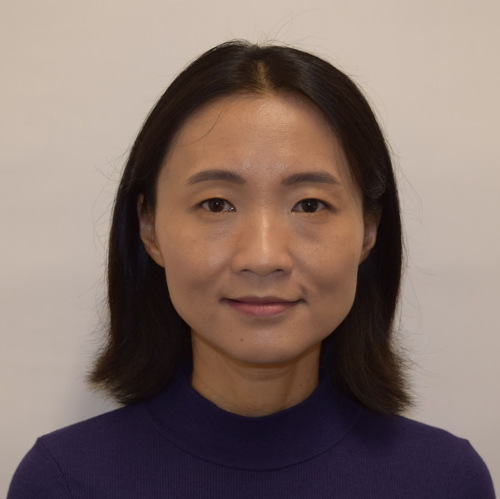
Dr. Haiyan Huang
Assistant Professor
Management Information Systems, Coordinator of MIS Programs
Math & Technology, School of Business, Education, and Mathematics
Flagler College
Haiyan Huang received her Ph.D. in Information Sciences and Technology from the Pennsylvania State University. She also earned a M.S. in Ceramic Science and Engineering from New York State College and a B.S. in Materials Science and Engineering from Central South University in China. Before joining Flagler College, Dr. Huang has taught at Michigan Technological University, Purdue University Calumet, and the Pennsylvania State University. Her primary research interests include Web usability and user experiences, IT adoption, diversity of IT workforce, global information systems development, and virtual collaborations. Dr. Huang has published more than 30 journal articles, book chapters, and conference papers. Her research was recognized by a journal publication award and a best conference paper award. Dr. Huang is also in charge of managing and coordinating the Management Information Systems (MIS) programs at Flagler College.
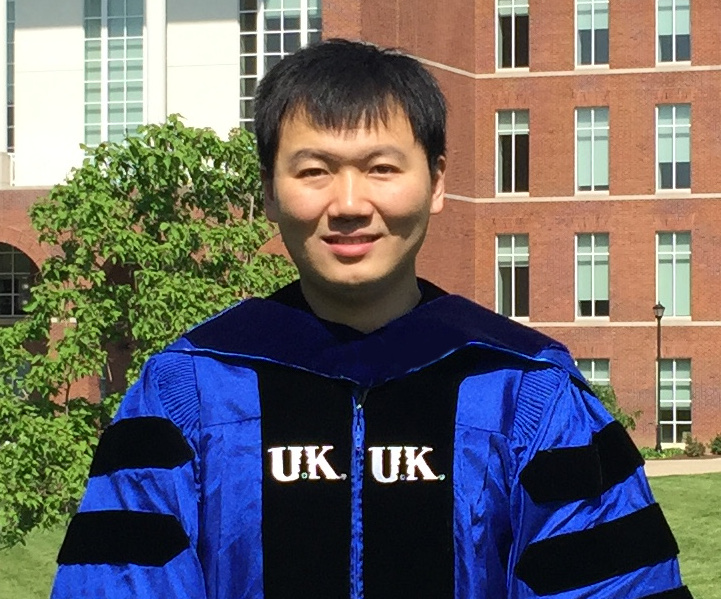
Dr. Xudong Liu
Assistant Professor
School of Computing
College of Computing, Engineering, and Construction Managementh
Dr. Xudong Liu is a tenure-track assistant professor in the School of Computing at the University of North Florida, and a visiting researcher at Xerox PARC. He earned his Ph.D. in Computer Science from University of Kentucky in 2016, and his B.Eng. in Software Engineering from Harbin Institute of Technology in 2010. Dr. Liu’s research mostly has been about solving both theoretical and practical problems on decision making, using tools and methods found in Artificial Intelligence, Computational Social Science, and Computational Complexity Theory. His research results have been published, or accepted for publication, in premier venues in Artificial intelligence such as the AAAI Conference on Artificial Intelligence, the International Joint Conference on Artificial Intelligence, and the Annals of Mathematics and Artificial Intelligence. Dr. Liu’s Erdős number is 3, and he is an AAAI member.
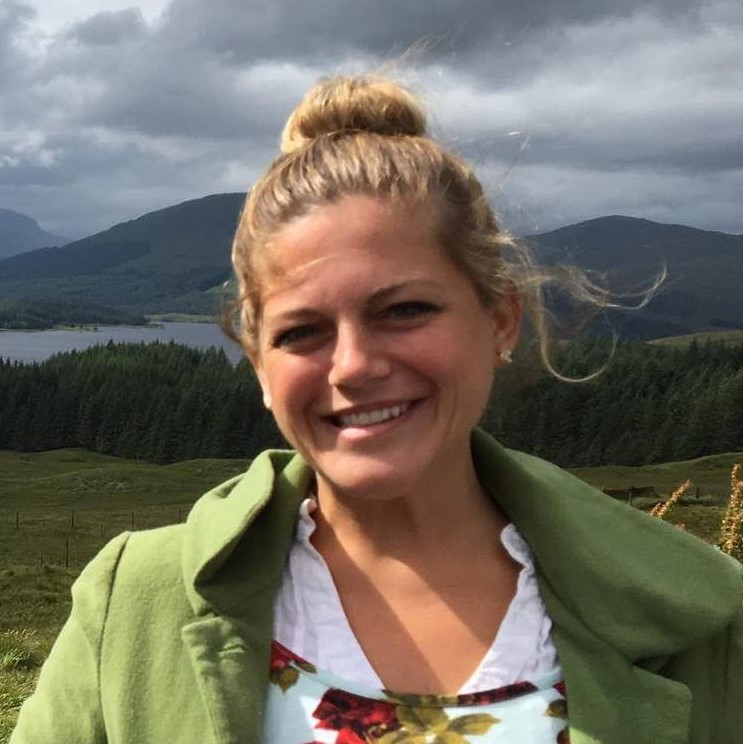
Dr. Angela Mann
Assistant Professor
School of Computing
College of Computing, Engineering, and Construction Managementh
Dr. Angela Mann is an Assistant Professor at the University of North Florida and a school psychologist, licensed child psychologist, and behavior analyst by training. She serves on the Board of Directors for the National Association of School Psychologists (NASP) and the Florida Association of School Psychologists (FASP). She is currently the Southeastern Delegate Representative and the Florida Delegate for NASP. Dr. Mann’s research centers upon issues of social justice related to disparities in access to education for children with challenging behaviors and developmental disabilities. This includes identifying and disseminating strategies for the implementation of evidence-based practice for addressing challenging behaviors in schools. Her most recent projects include collaborations with the Southern Poverty Law Center and Teaching Tolerance to advocate for the limiting and eventually abolishing out-of-school suspensions, examining the implementation of restorative justice and associated outcomes in a large, urban district, and examining staffing of school-based mental health professionals across the country in collaboration with the American Civil Liberties Union.
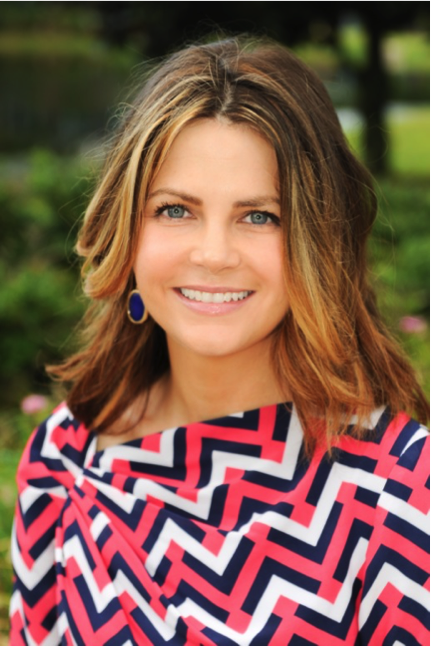
Dr. Julie Merten
Assistant Professor
Public Health Internship Director
Department of Public Health
Brooks College of Health
Julie Merten is an Assistant Professor in the Department of Public Health and directs the Public Health Internship. Her research involves behavioral cancer prevention, specifically in the areas of skin cancer (the most common cancer in the US) and tobacco control (the leading cause of preventable deaths in the US). She has evaluated the effectiveness of school-based sun safety education, analyzed how people utilize the Internet and social media for cancer information, surveyed children, adolescents and young adults on their skin cancer prevention behaviors, and assessed cancer prevention programs among special populations. She oversees the Our Campus, Our Health student health behavior survey at UNF, chairs the Northeast Florida Cancer Control Collaborative Sun Safety workgroup, and is involved with the strategic planning of the Florida State Cancer Plan. Currently, she is working on a funded project with Baptist Healthy Living Centers to pilot test a brief skin cancer risk assessment and referral intervention.
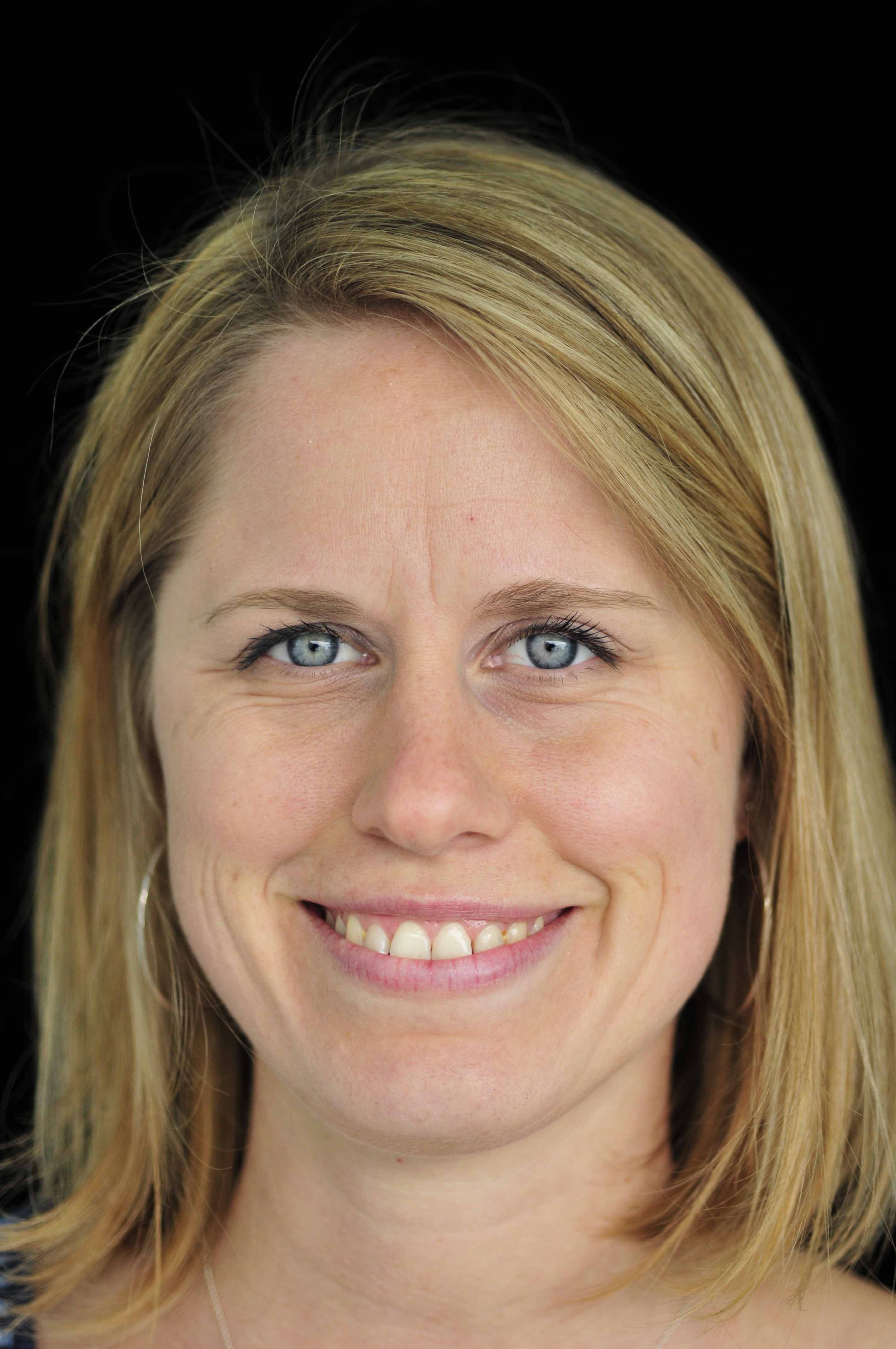
Dr. Jody Nicholson-Bell
Associate Professor
Department of Psychology
College of Arts & Sciences
Dr. Jody Nicholson-Bell gained training in community-based teaching and learning at the Center for Social Concerns at the University of Notre Dame, during her doctorate program. Dr. Nicholson-Bell’s community training and experience inform her teaching and research. Dr. Nicholson-Bell’s research on community-based learning ensures her pedagogical approach for developing coursework is most effective in helping students learn and change. Dr. Nicholson-Bell’s perspective as a developmental psychologist helps with recognizing the importance of transformational learning opportunities through the community-based format for University student growth, both in maturation and career achievement potential. Dr. Nicholson-Bell has expanded her research on the integration of CBTL into courses to a university-wide, interdisciplinary investigation of the impact of community-engaged assignments on UNF students.
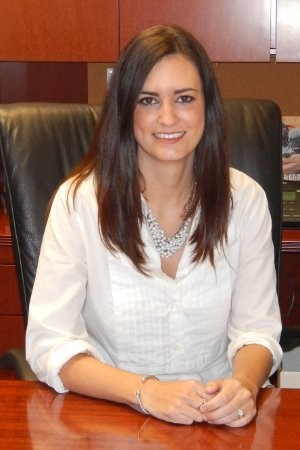
Dr. Amanda Pascale
Assistant Professor of Higher Education Administration
Department of Leadership, School Counseling & Sports Management
College of Education & Human Services
Dr. Amanda Blakewood Pascale is an Assistant Professor of Higher Education Administration within the College of Education and Human Services at the University of North Florida. Dr. Pascale holds a Ph.D. in Higher Education Administration as well as a graduate certificate in Quantitative Methods in Education from the University of Tennessee. Her research examines cultures conducive to success in higher education milieus and the praxis of ideas that promote university community success particularly for those who are underrepresented or in transition. Dr. Pascale routinely teaches graduate level courses in quantitative and qualitative methods as well as assessment in higher education. She is an advocate of the use of data and assessment to inform decisions, practice, and policy in educational settings.

Dr. Gordon Rakita
Professor of Anthropology
Director of Academic Technology
Department of Sociology, Anthropology & Social Work
College of Arts and Sciences
Gordon F.M. Rakita is a bioarchaeologist and Professor of Anthropology in the Department of Sociology, Anthropology, & Social Work. He also serves as Director of Academic Technology at UNF. Prior to joining the faculty at UNF he was Principal Investigator and Analytical Director for SWCA Environmental Consultants of Flagstaff, Arizona. He is Associate Editor for the journal Bioarchaeology International. He earned his B.A. in Anthropology from University of North Carolina at Greensboro and his M.A. and Ph.D. in Anthropology from the University of New Mexico. In 2016 he was named the junior laureate of the Lloyd Cotsen Prize for Lifetime Achievement in World Archaeology. His areas of expertise include bioarchaeology, anthropological approaches to mortuary and other ritual behavior, analytical data management and statistical analyses, emergent social inequality and complexity, and evolutionary theory.

Dr. Sandeep Reddivari
Assistant Professor
School of Computing
College of Computing, Engineering, and Construction Management
Sandeep Reddivari is an Assistant Professor in the School of Computing at the University of North Florida. He received his Ph.D. in Computer Science and Engineering from the Mississippi State University. Dr. Reddivari's research interests include software engineering, visual analytics, information retrieval, data mining, text mining, healthcare data analytics, and visualization and virtual reality in healthcare. Dr. Reddivari’s expertise is in data pre-processing, clustering, summarization, visualization, and outlier detection.
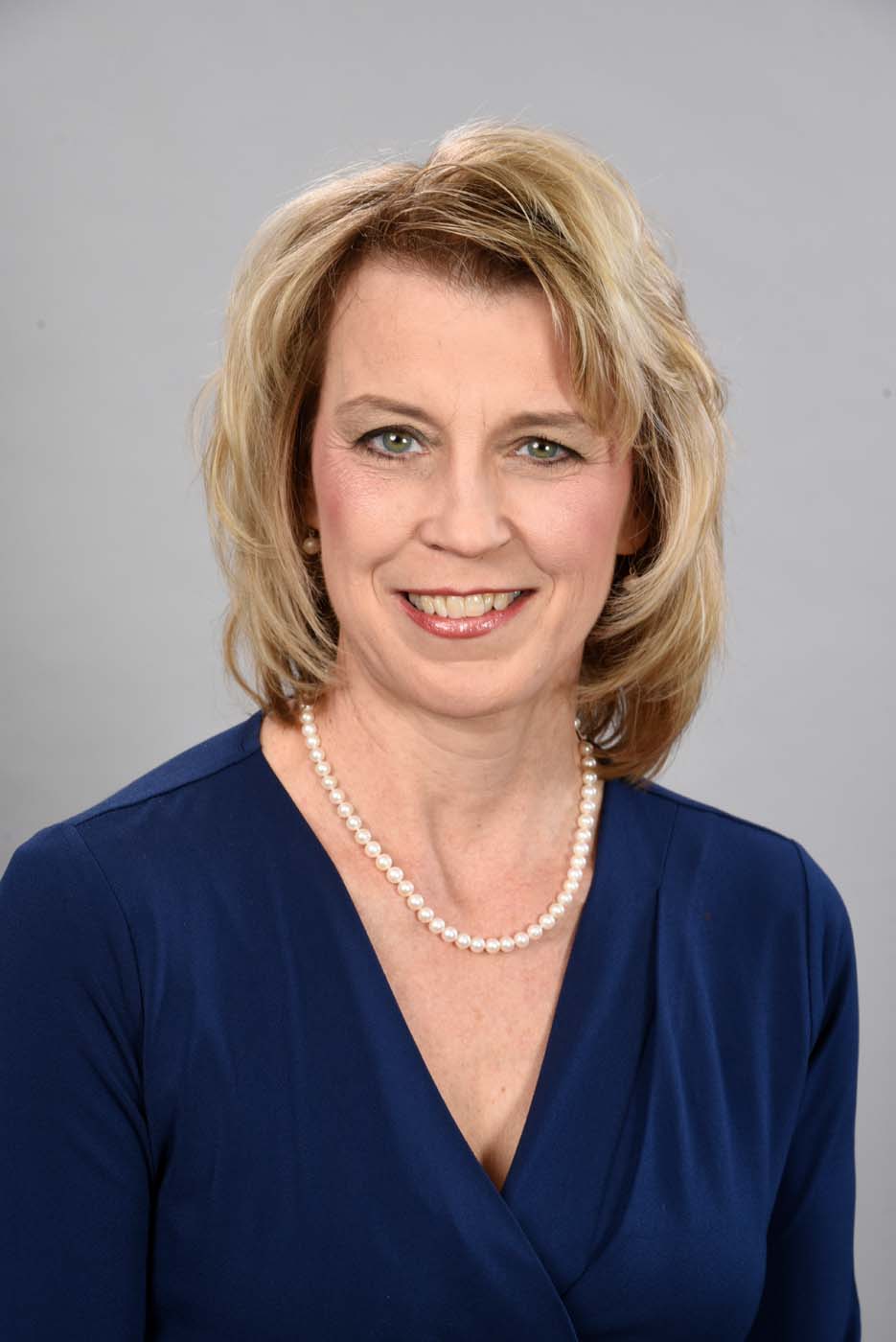
Dr. Lauri Wright
Assistant Professor and Chair
Director of Nutrition & Dietetics
Brooks College of Health
Lauri Wright is an assistant professor at the University of North Florida, co-director of the Doctorate in Clinical Nutrition, director of the Center for Nutrition and Food Insecurity, and Chair of the Department of Nutrition and Dietetics. Through her research and with the Center, she develops programs for food insecure individuals in the community, works globally with malnutrition, and directs nutrition programming for people with AIDS. Wright has developed a food recovering and meal distribution model that serves the food insecure (Food Fighters) and seniors (Meals on Wings) in the community. She formerly worked as a clinical dietitian for the Veterans Administration, providing medical nutrition therapy for veterans with chronic disease. Wright is past-president of the Florida Academy of Nutrition and Dietetics, member of the Academy’s Legislative and Public Policy Committee and is Speaker-Elect to the Academy’s House of Delegates. Wright earned an undergraduate degree in nutrition from Ohio State University, a master's degree from Case Western Reserve University and a doctorate from University of South Florida.
